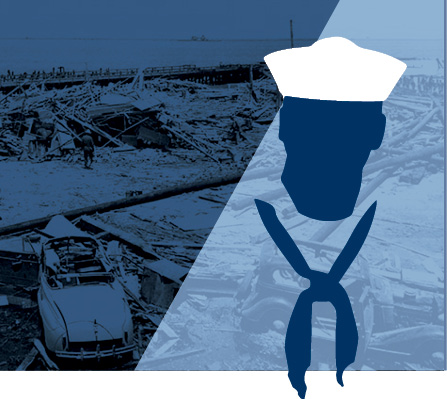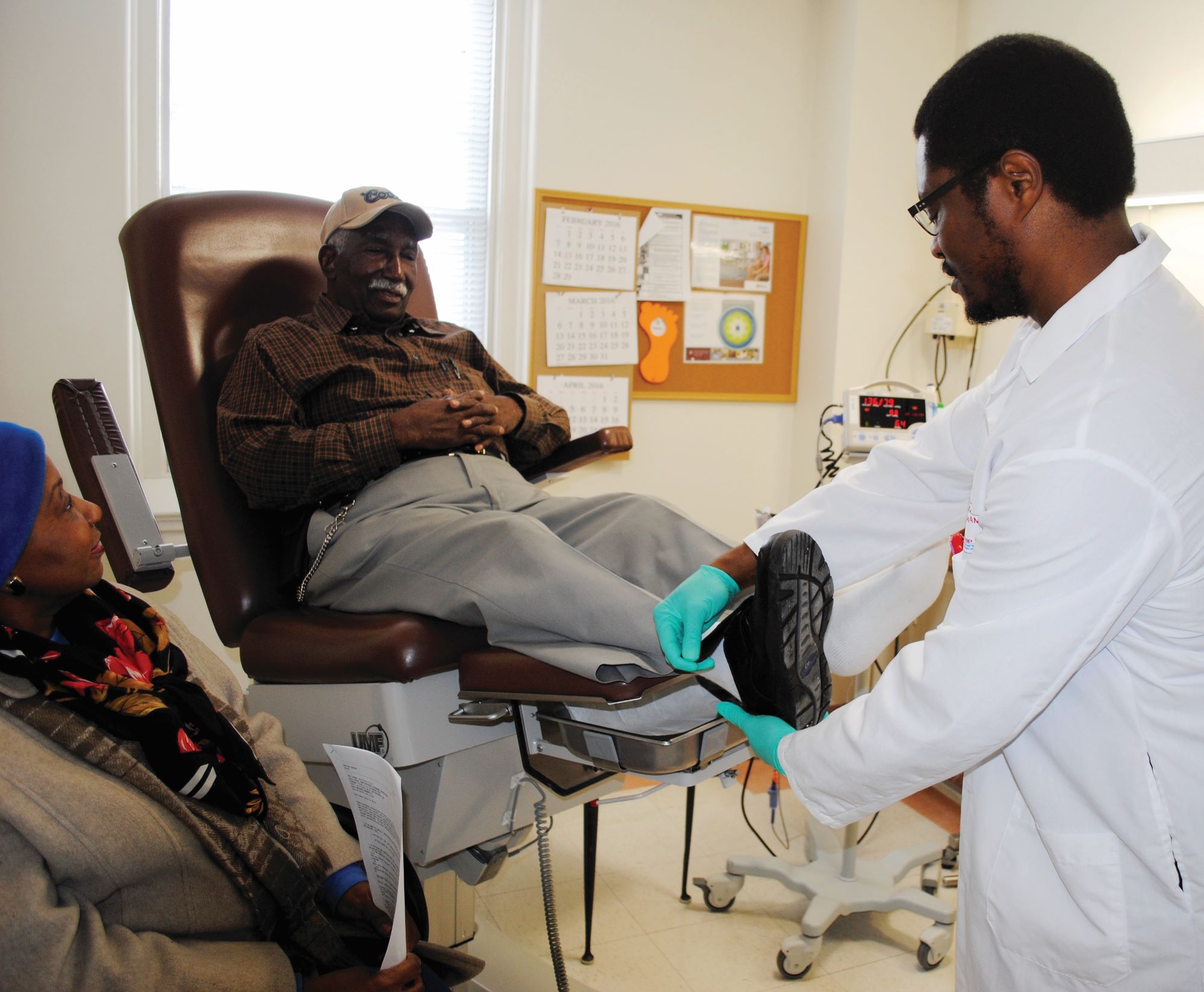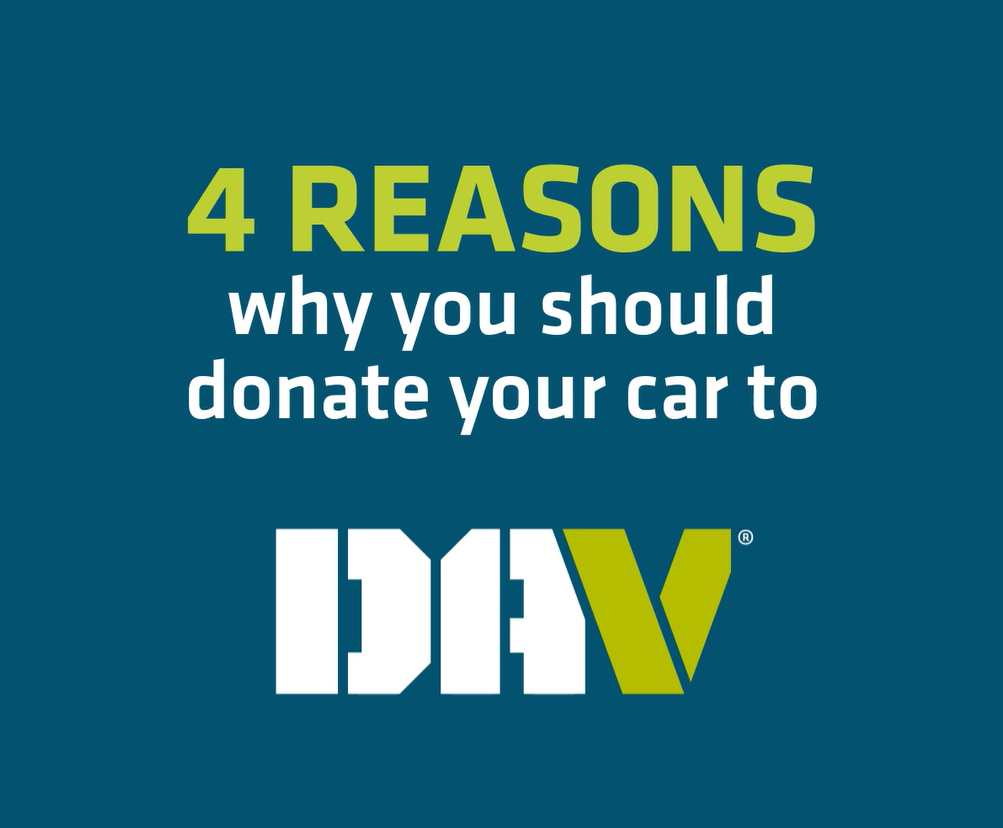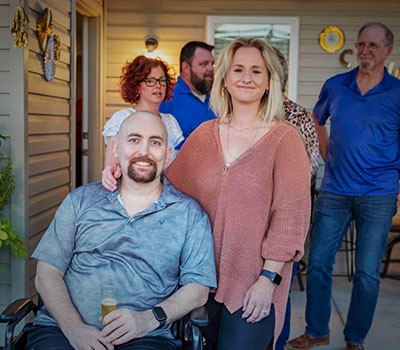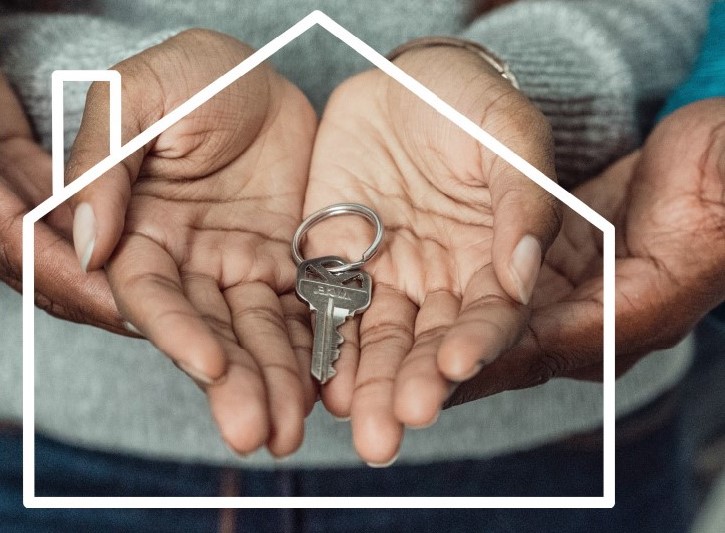Planning for roadblocks – Tips from our partner Humana

We all have times in life where we stumble and make mistakes. When these moments arise, it’s important to have a plan in place to help us through, especially when it comes to mental/behavioral health. What does it mean to
plan? It means that as soon as you start observing symptoms, you will know how to act to get the help you need. A plan should include:
-
Names and phone numbers of at least two people you can contact for help
-
Your doctor or behavioral health providers’ contact information
-
Suicide hotline contact information
-
Address and contact information for your local hospital
-
Signs and symptoms that show you are in crisis
-
Actions to take when in crisis (medications, coping mechanisms, etc.)
-
A list of things that have helped or hurt in the past when you experienced similar feelings
-
Description of how you recovered from a crisis in the past
Having this list ready when needed will help you get the assistance you need quickly and have a frame of reference moving forward. When a crisis happens, it is important to remind yourself that suicidal thoughts can occur due to your diagnosed mood disorder.
It is also important to continue all of your medications, treatment plans and coping mechanisms. Stay away from alcohol and drugs, and remove dangerous objects from your home. Reach out for help when needed and keep your provider updated with any changes.
If you’re a Veteran in crisis or concerned about one, connect with the Veteran Crisis Line to reach caring, qualified responders with the Department of Veterans Affairs. Many of them are Veterans themselves, standing by to help.
Call 800-273-8255 and press 1
Text 838255 | 24 hours a day, 7 days a week
www.veterancrisisline.net
DAV is proud to partner with Humana to bring you this information.


